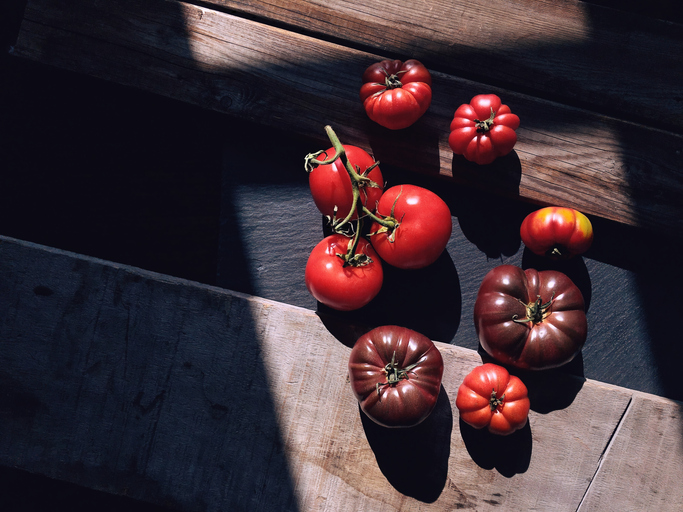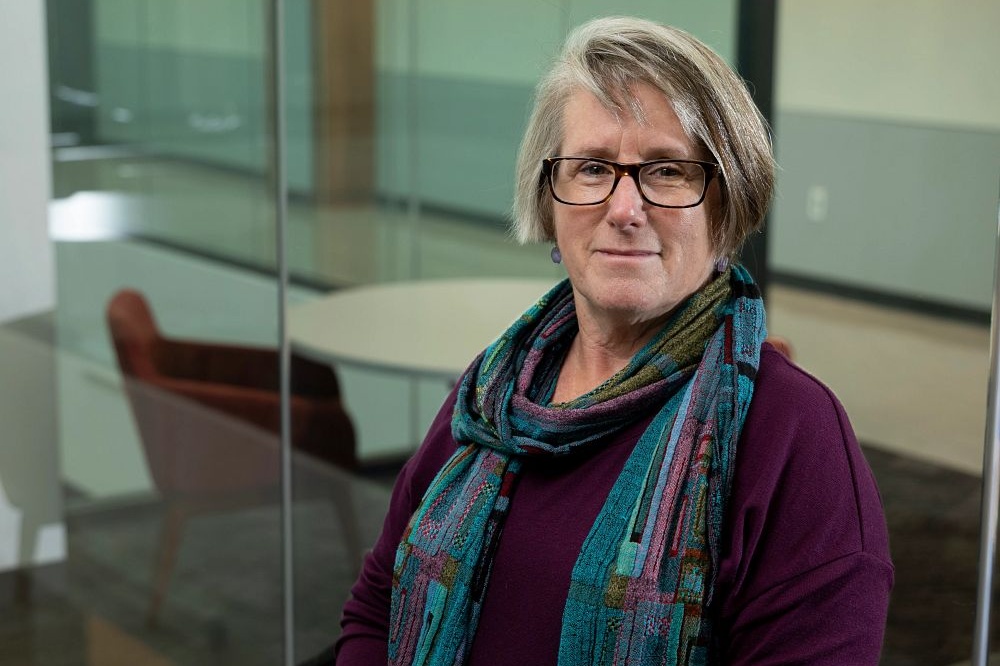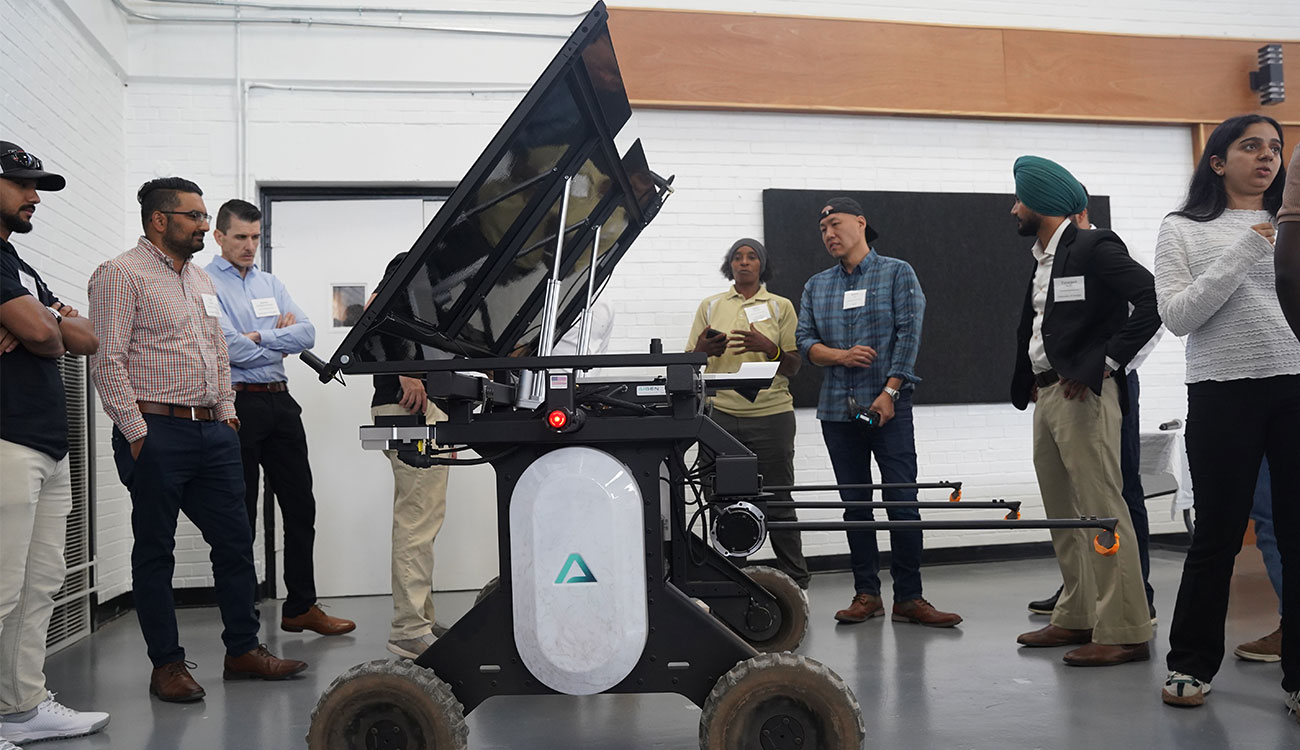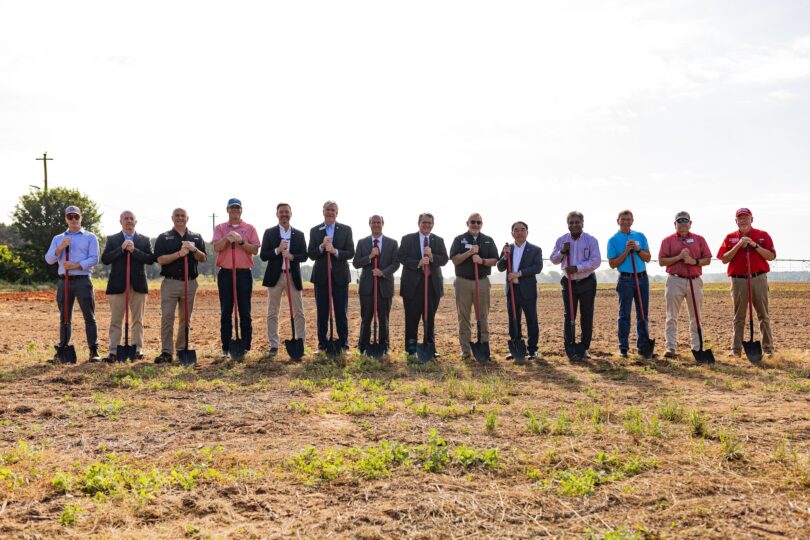A diverse agricultural hub is thriving just minutes from downtown Atlanta in the area surrounding the city of Chattahoochee Hills. To help with the growth, University of Georgia Extension recently developed a new position for a Fulton County agriculture and natural resources agent.
On Oct. 1, Todd Leeson started work under a collaborative funding agreement between UGA, UGA Extension and the Chattahoochee Hill Country Conservancy—the first of its kind for the university. The joint program’s goal is to return sustainable agriculture to a good portion of the locally protected green space—an area where 70 percent of the community’s 35,000 acres is to be preserved from commercial and residential growth—and to demonstrate the many levels of economic development that can be derived from local food production.
“We are excited to have Todd help us execute the vision of Chattahoochee Hills, to create programs for farm interns to move onto farms to rent or own and establish an equipment co-op and mentoring program to help new farmers become established in the area and to support our existing farming base’s economic viability,” said Tom Reed, mayor of Chattahoochee Hills. “Innovative processing and distribution systems are other concepts we will investigate.”
Leeson holds a doctorate in plant medicine from the University of Florida. A veteran of Kentucky horse farms, commercial forestry operations and sustainable vegetable production, he will use his wide-ranging background to serve Chattahoochee Hills, which was incorporated in 2007 and is one of the last undeveloped and rural areas located within 30 minutes of Hartsfield-Jackson International Airport.
“We try to fit our county agents to the communities where they’ll be working and the needs there,” said Sheldon Hammond, agriculture and natural resources program development coordinator for UGA Extension’s Northwest District. “Todd’s diverse experiences make him a good fit for south Fulton. He has the personality and the experience to work with a diverse group of clientele—from sustainable farming operations and traditional cattle producers to home gardeners.”
Chattahoochee Hills’ leaders want to incorporate food production in areas near housing and commercial clusters spread throughout the city’s land that is slated for development. The advantage, Reed said, is the land will accommodate 20 percent more development than the suburban sprawl model, with lower infrastructure costs and a higher quality of life.
“We aim to achieve these goals by creating an environment where thoughtful planning and careful land stewardship can lead to the revitalization of a true agricultural economy, and this is the core objective of this partnership,” said Steve Nygren, founder of the Serenbe eco-development in the heart of Chattahoochee Hills and a long-time supporter of the Chattahoochee Hill Country Conservancy.
Leeson’s responsibilities will include providing educational programming on urban gardening, sustainable agriculture, urban landscape maintenance and water and natural resource conservation. He also will collaborate with two other Fulton County agricultural and natural resources agents. Working out of East Point, Brantley Ricketts focuses on urban farming and small ruminant management. In the Roswell Road office, Rolando Orellana specializes in the green, or plant, industry.
“We are pleased to have Todd join our team,” said Menia Chester, Fulton County Extension coordinator. “We believe his experience and knowledge will greatly benefit Fulton County.”
Down the street from Leeson’s Chattahoochee Hills office in the Serenbe stables is Serenbe Farms, which produces 350 varieties of organic fruit, vegetables, herbs, flowers and mushrooms each season. Serenbe, a 1,000-acre sustainable community, has been recognized as a national model for the future of balanced development in the U.S.
Other farms in Chattahoochee Hills include Many Fold Farms, a sheep’s milk dairy that produces farmstead cheeses, seasonal lamb and pasture-raised eggs; Planted Rock Farm, a three-acre sustainable farm that cultivates certified naturally grown vegetables; Foxbrier Farms, an organic blueberry operation; and Fairywood Thicket, which produces local and wild harvest jams and jellies.
The unincorporated lands surrounding Chattahoochee Hills also include several small farmsteads. Thousands of acres are used by small beef cattle operations, nurseries, hay and forage cultivation, public parks, forestry lands and hunting preserves.
For more information on the Chattahoochee Hill Country Conservancy, see www.chatthillcountry.org. For more information on Serenbe, see www.serenbe.com.
UGA Extension
UGA Extension is the outreach branch of the UGA College of Agricultural and Environmental Sciences and the College of Family and Consumer Sciences. Through offices in 157 of Georgia’s 159 counties, UGA Extension is a local source of unbiased, research-based information about agriculture, the environment, communities, youth and families. For more information, see extension.uga.edu.
Chattahoochee Hill Country
The Chattahoochee Hill Country is a 65,000-acre area south of Atlanta, one of the last rural areas located within 30 minutes of Hartsfield-Jackson International Airport. Geographically, the area is comprised of the City of Chattahoochee Hills in Fulton County and adjoining portions of Douglas, Carroll and Coweta counties. Chattahoochee Hills includes 33,000 acres with a population of about 2,400 people. The conservancy has two goals: to preserve the rural vistas and heritage and to concentrate sustainable development primarily along South Fulton Parkway, the major connection with Atlanta. For more information on the Chattahoochee Hill Country Conservancy, see www.chatthillcountry.org. For more information on Serenbe, see www.serenbe.com.






